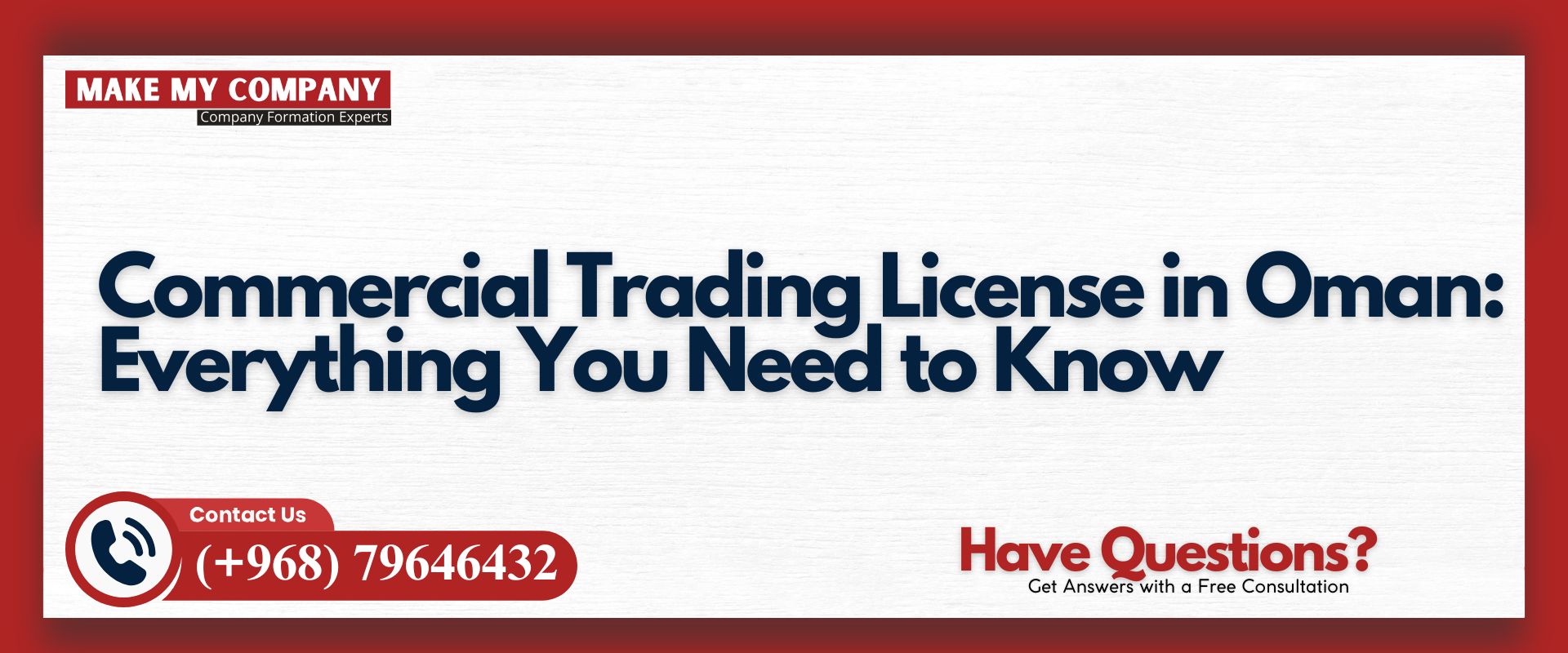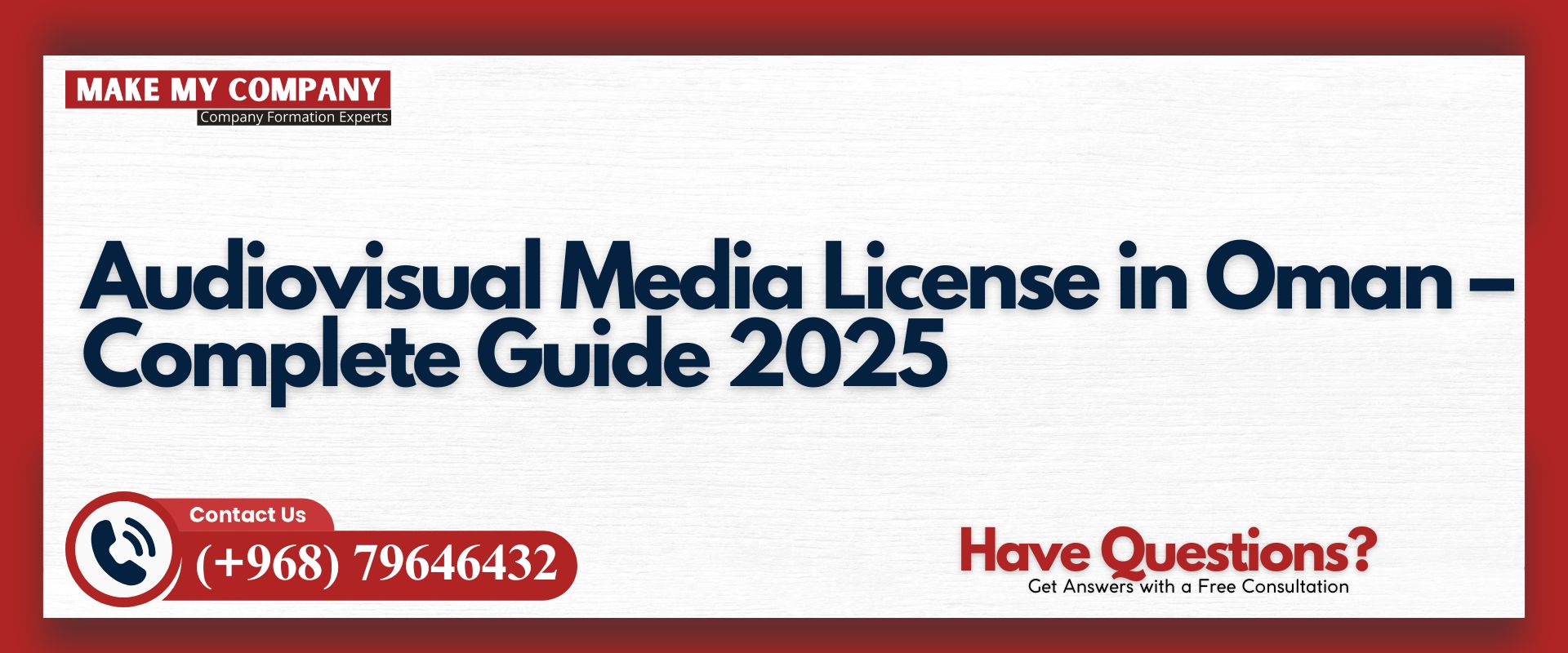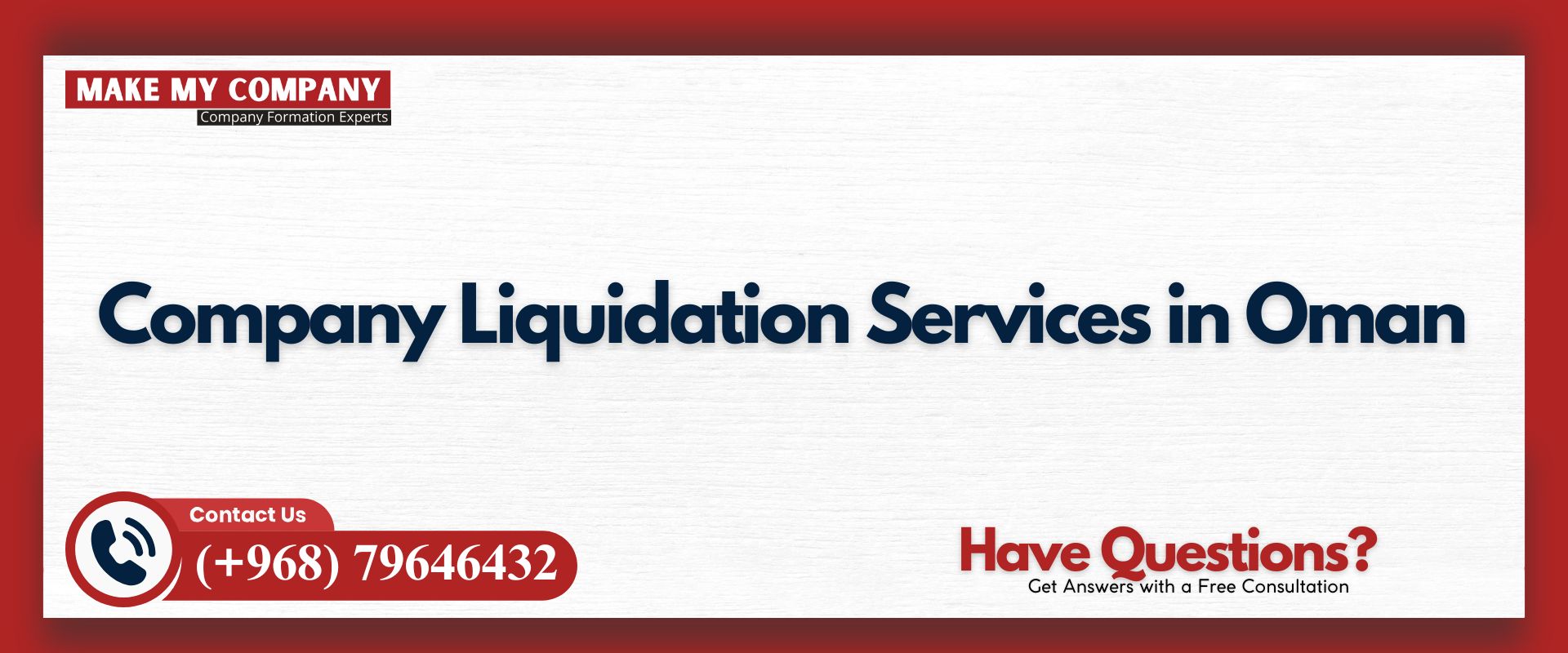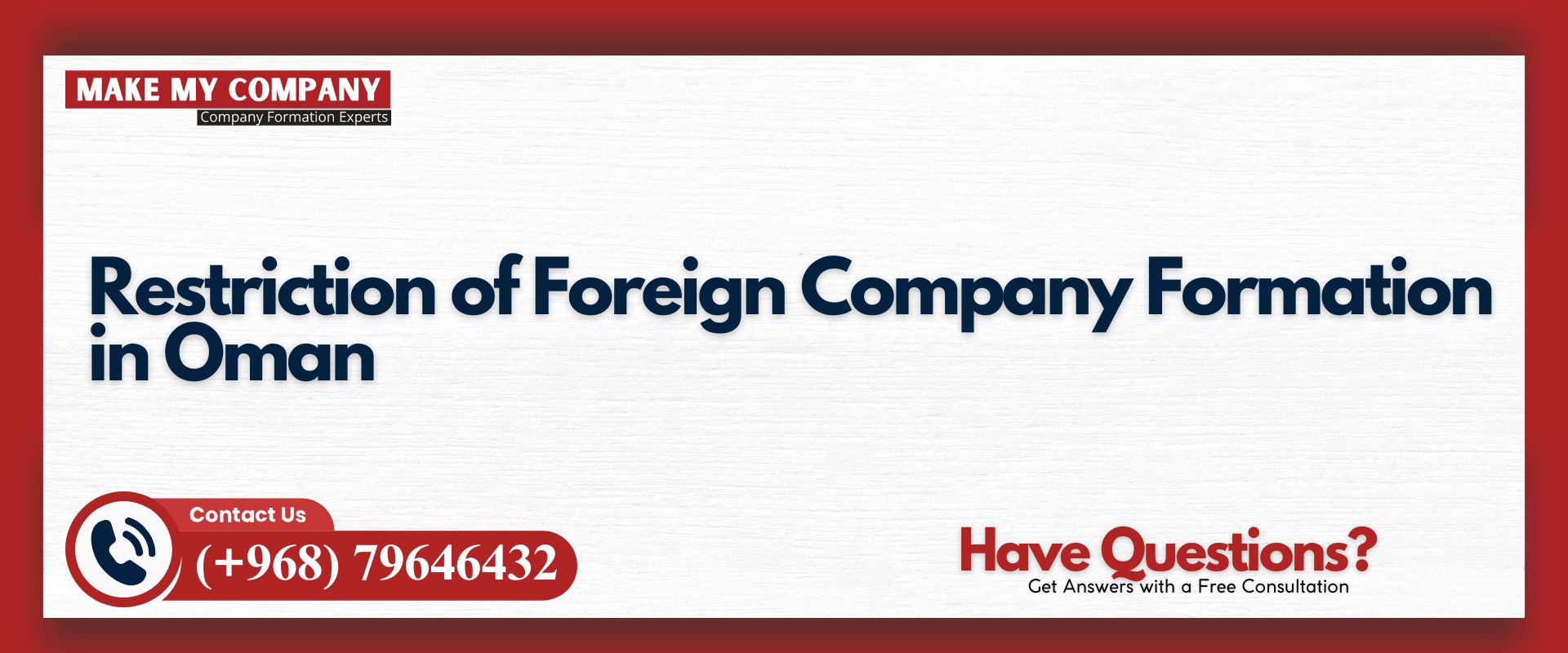Oman has witnessed significant economic growth in recent years, attracting investors worldwide. As the country aims to diversify its economy and reduce its reliance on oil revenues, tax services have become increasingly crucial. Tax services play a vital role in Oman’s economic development by providing a stable and transparent tax environment, promoting compliance, and supporting business growth. This article will explore how tax services contribute to Oman’s economic development and why they are essential for the country’s future.
Ensuring a Stable and Transparent Tax Environment
One of the primary functions of tax services in Oman is to establish a stable and transparent tax environment. This involves developing clear and comprehensive tax laws and regulations that taxpayers easily understand. Tax services create an environment that encourages investment and business growth by providing clarity and predictability. When investors have confidence in the tax system, they are more likely to establish and expand their operations in Oman, leading to increased economic activity and job creation.
Promoting Compliance and Revenue Generation
Tax services also play a crucial role in promoting compliance among taxpayers and ensuring proper revenue generation for the government. Through effective tax administration and enforcement, tax services work to minimize tax evasion and fraud. By conducting regular audits and investigations, they can identify non-compliant taxpayers and take appropriate actions to ensure compliance with tax laws. This helps generate revenue for the government and creates a level playing field for businesses by reducing unfair competition from those who evade taxes.
Supporting Business Growth and Investment
An efficient and well-structured tax system can significantly contribute to business growth and investment in Oman. Tax services guide and support businesses in understanding their tax obligations and managing their tax affairs effectively. Tax services can attract foreign investment and promote the growth of critical sectors by offering tax incentives and exemptions for specific industries or activities. Additionally, they assist businesses in accessing tax credits, deductions, and other incentives, which can reduce their overall tax burden and improve their competitiveness.
Enhancing Public Financial Management
Tax services also play a vital role in enhancing public financial management in Oman. They contribute to the effective collection, allocation, and utilization of public funds. Tax services support the government’s ability to finance public infrastructure projects, education, healthcare, and other essential services by ensuring a steady stream of tax revenues. This, in turn, improves the overall quality of life for the citizens of Oman and contributes to the country’s sustainable development.
Types of taxes in Oman
In Oman, various types of taxes are levied to generate revenue for the government and support the country’s economic development. Here are some of the critical types of taxes in Oman:
Income Tax
Income tax is imposed on the earnings of individuals and businesses in Oman. It is calculated based on the income earned during a specific period, and the rates vary depending on the income brackets.
Corporate Tax
The corporate tax applies to the profits generated by companies operating in Oman. The tax rate is determined based on the company’s annual income and is typically a percentage of the taxable profit.
Value Added Tax (VAT)
Oman introduced VAT on April 16, 2021. VAT is a consumption tax applied to the country’s goods and services. The standard VAT rate in Oman is 5%, but certain goods and services may be subject to lower rates or exemptions.
Customs Duties
Customs duties are levied on imported goods entering Oman. The rates vary depending on the type of goods imported and are calculated based on the customs value of the goods.
Excise Tax
Excise tax is imposed on goods considered harmful to health or the environment. These goods include tobacco products, energy drinks, and certain luxury items. The tax rates for excise goods vary depending on the type of product.
Property Tax
Property tax, also known as real estate tax, is levied on the value of immovable properties such as land, buildings, and houses. The tax rates can vary based on the property’s value and location.
Withholding Tax
Withholding tax applies to certain types of payments made to non-residents. It is deducted at the payment source, such as dividends, interest, royalties, and services rendered by non-resident individuals or companies.
Royalty Tax
Royalty tax is imposed on payments made to use intellectual property rights, such as copyrights, patents, and trademarks. The tax applies to both residents and non-residents receiving royalty income from Oman.
Social Security Contributions
Employers and employees in Oman are required to make social security contributions. These contributions fund various social security benefits, including retirement pensions, disability benefits, and medical coverage.
It’s important to note that tax laws and regulations may change over time, so it’s advisable to consult with a tax professional or refer to the official tax authorities in Oman for the most up-to-date and accurate information regarding taxes in the country.
Conclusion
In conclusion, Oman’s tax services significantly impact the country’s economic development. They establish a stable and transparent tax environment, promote compliance, support business growth and investment, and enhance public financial management. By providing a framework that encourages investment and fosters economic activity, tax services contribute to Oman’s diversification efforts and help create a sustainable and resilient economy. As Oman continues to attract investors and expand its business landscape, the role of tax services will remain crucial in ensuring a prosperous future for the country.
Frequently Asked Questions about Tax Services in Oman
What are tax services?
Tax services refer to professional services provided to individuals and businesses to help them understand and comply with tax laws, regulations, and requirements.
Why are tax services essential for Oman’s economic development?
Tax services are crucial for Oman’s economic development as they create a stable and transparent tax environment, promote compliance, support business growth and investment, and enhance public financial management.
How do tax services promote compliance among taxpayers?
Tax services promote compliance by conducting regular audits and investigations, identifying non-compliant taxpayers, and taking appropriate actions to ensure compliance with tax laws. They play a crucial role in minimizing tax evasion and fraud.
What benefits do businesses gain from tax services?
Businesses benefit from tax services, including guidance on tax obligations, assistance in managing tax affairs effectively, access to tax incentives and exemptions, and support in accessing tax credits and deductions. These benefits can help reduce the overall tax burden and improve competitiveness.
How do tax services support business growth and investment in Oman?
Tax services support business growth and investment by offering guidance, incentives, and exemptions to attract foreign investment, promoting the growth of critical sectors, and assisting businesses in accessing tax benefits. This helps create a favourable business environment and encourages economic activity.
Do tax services only focus on revenue generation for the government?
While tax services play a crucial role in revenue generation for the government, their responsibilities go beyond that. They also aim to create a level playing field for businesses by reducing unfair competition from tax evasion. Moreover, they contribute to public financial management and the effective utilization of public funds.
How can individuals benefit from tax services?
Individuals can benefit from tax services by receiving guidance on their tax obligations, understanding tax deductions and credits they may be eligible for, and ensuring compliance with tax laws. Tax services can help individuals optimize their tax planning and minimize their liabilities.
Are tax services limited to specific industries or individuals?
Tax services are not limited to specific industries or individuals. They cater to a wide range of clients, including individuals, small businesses, large corporations, and various sectors of the economy. The services provided can be tailored to meet different clients’ specific needs and requirements.
Can tax services help in reducing the complexity of tax laws?
Tax services can assist individuals and businesses in navigating the complexities of tax laws by providing expert advice, clarifying tax regulations, and offering guidance on compliance. While they cannot alter the tax laws themselves, they can simplify the process and help clients understand their obligations.
How can I find reliable tax services in Oman?
To find reliable tax services in Oman, you can search for reputable accounting and consulting firms that offer tax services. Consider their expertise, experience, and track record in providing tax-related assistance to clients. Seeking recommendations from trusted sources can also help find reliable tax service providers.









